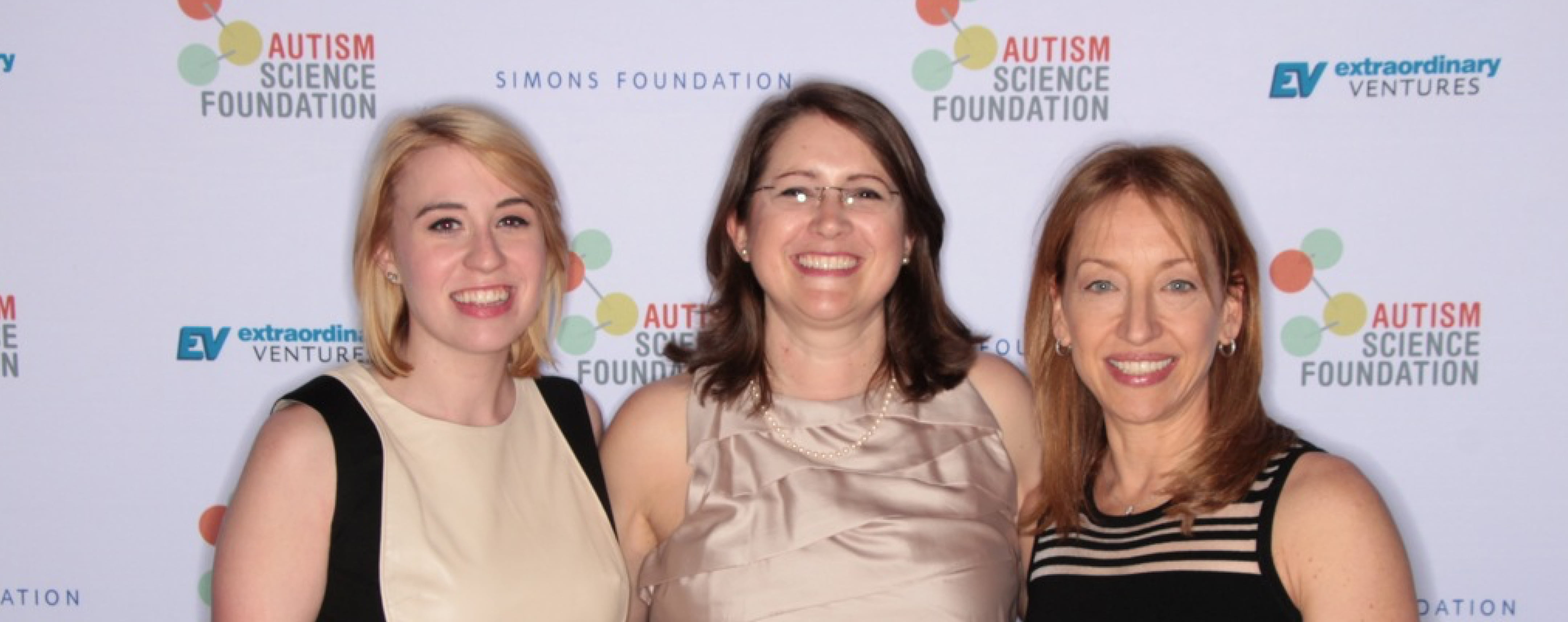Genomic Patterns of De Novo Mutation in Simplex Autism
To further our understanding of the genetic etiology of autism, we generated and analyzed genome sequence data from 516 idiopathic autism families (2,064 individuals). This resource includes >59 million single-nucleotide variants (SNVs) and 9,212 private copy number variants (CNVs), of which 133,992 and 88 are de novo mutations (DNMs), respectively. We estimate a mutation rate of ∼1.5 × 10-8 SNVs per site per generation with a significantly higher mutation rate in repetitive DNA. Comparing probands and unaffected siblings, we observe several DNM trends. Probands carry more gene-disruptive CNVs and SNVs, resulting in severe missense mutations and mapping to predicted fetal brain promoters and embryonic stem cell enhancers. These differences become more pronounced for autism genes (p = 1.8 × 10-3, OR = 2.2). Patients are more likely to carry multiple coding and noncoding DNMs in different genes, which are enriched for expression in striatal neurons (p = 3 × 10-3), suggesting a path forward for genetically characterizing more complex cases of autism.
Keywords: attributable fraction; autism; de novo mutation; genome sequencing; mechanisms of disease; multifactorial genetics; noncoding; oligogenic; regulatory.

